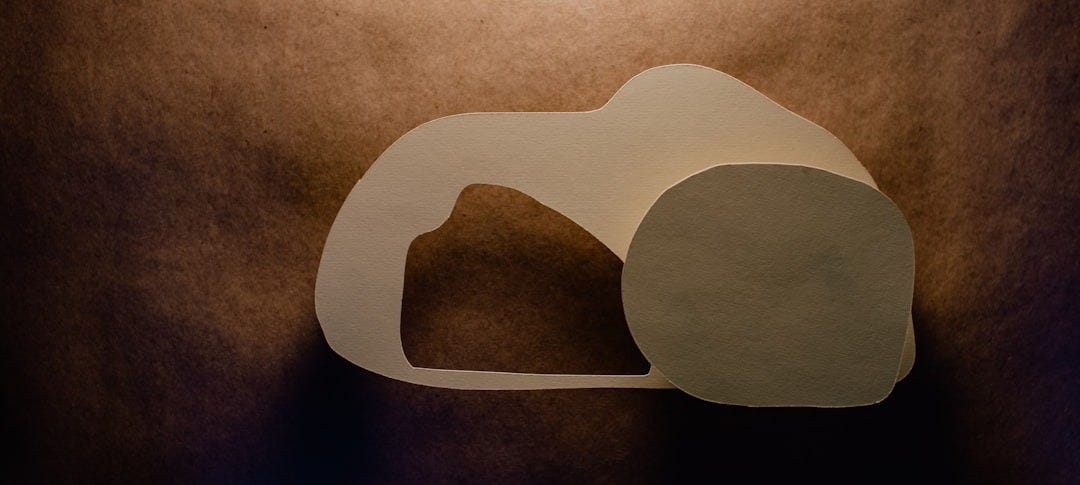
Easter is upon us. This holiday on the Christian calendar is all about celebrating the new life of Jesus as he conquered death and sin. As Christians, we celebrate this because the victory of Jesus gives us hope and victory in our own lives. We realize that death is not the end for those who have given their lives to Jesus. And so we are grateful.
But as followers of Jesus, we are also to imitate our savior. We’re to do as he did in this world. Now, we obviously can’t die for people’s sins to give them new life. We can’t even do that for our own sins. But how can we be bringers of life in other ways?
In so much of what we see in our culture around us, we see despair, war, unkindness, ugliness, arrogance, divisiveness, pride, apathy, and the list goes on. We swim in this cultural soup day in and day out, so it should come as no surprise to us if we end up being purveyors of these same things even if it is not our intention.
But as we think about Easter and our death-beating Savior, how can we emulate his example of bringing life? In recovery, we have an expression: “You either brighten a room when you enter it, or you brighten a room when you leave it.” It gets at what kind of person you want to be. As followers of Jesus, do we brighten a room when we enter it? When we have interactions with people, do they breathe a literal or figurative sigh of relief knowing that when you enter the interaction, they will be lifted up, given hope, or encouraged? Or do you brighten a room when you leave it, with people giving a literal or figurative sigh of relief knowing that you’ve left?
This isn’t a call to naiveté. This isn’t a call to ignorant bliss of hard realities. But it is a call to engaging with all of life through a posture of hope that says “We have a risen savior! Yes, things may look dark here. Yes, things are messed up. Yes, things may even get worse before they get better. But our Lord is stronger than all of this and I will approach my work and my world with the hope that Jesus brings, rather than despair.”
Whether in broad cultural conversations, or smaller, more intimate family affairs, we choose the posture with which we engage. How can we be life-givers this Easter and beyond?




